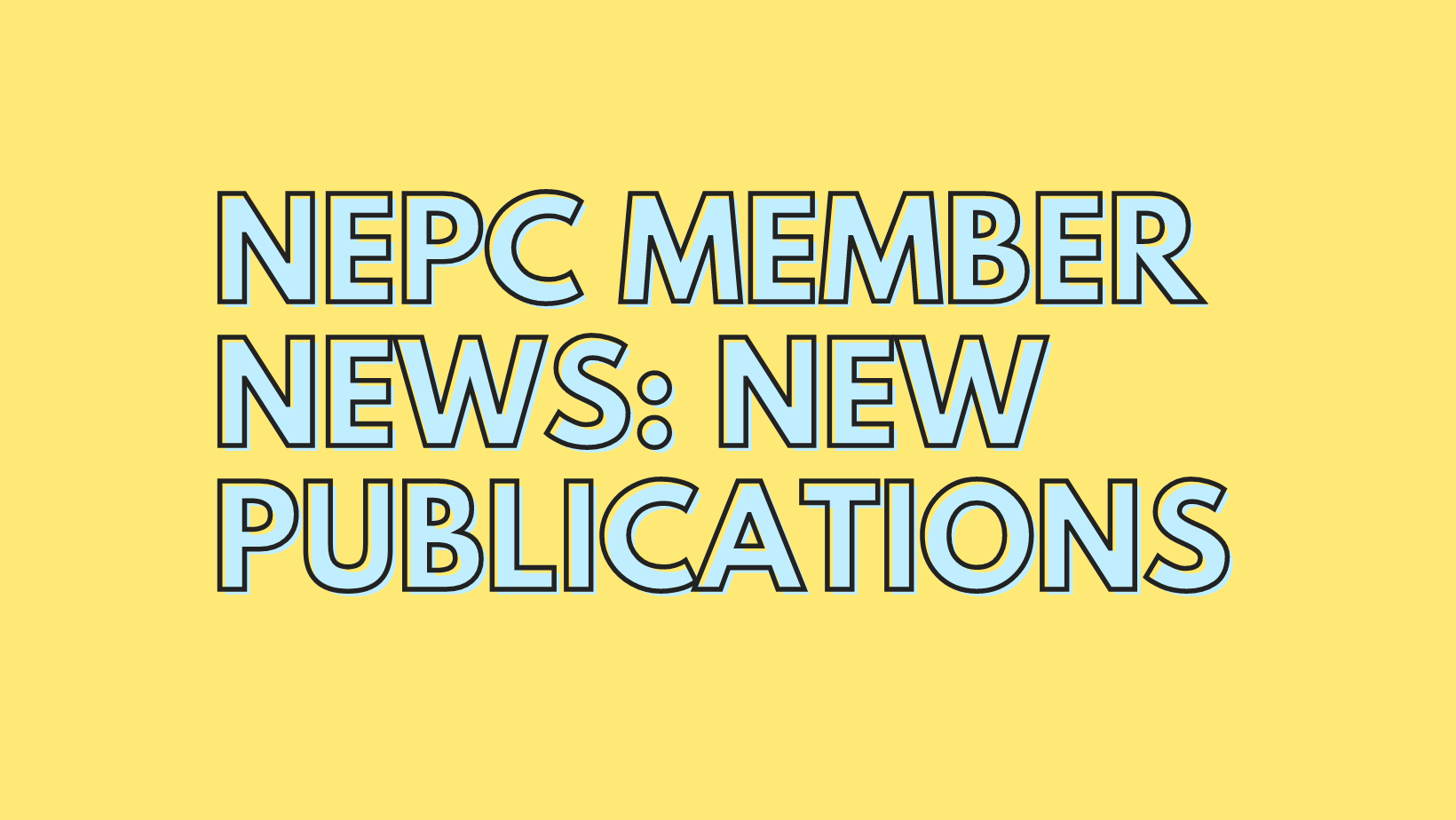Publications
One Hundred Visions of War, by Julien Vocance, translated from the French by member Alfred Nicol was published by Wiseblood Books. The One Hundred Visions of War of Julien Vocance (1878-1954) comprise some of the first haiku written in the West. Where classical Japanese haiku traditionally speaks of the beauty of Nature, Vocance uses the form to a very different purpose, depicting the horror and brutality of armed conflict, as seen from the trenches during the first world war. Readers get a ground-level view of unimaginable slaughter. The value of Vocance’s poetry lies in its witness to the experience of the human being caught up in a battle which, as Wendell Berry put it, “the machines won.” Only imagine: an obscure soldier-poet pits his human art against overwhelming military technology, and his art survives.
Alfred Nicol worked in the printing industry for twenty years after graduating from Dartmouth College, where he received the Academy of American Poets Prize. He now lives in West Newbury, Massachusetts. A longtime member of the Powow River Poets, he edited the Powow River Anthology, published by Ocean Publishing in 2006. Nicol was the recipient of the 2004 Richard Wilbur Award for his first book of poems, Winter Light, published by The University of Evansville Press. His other publications include Animal Psalms (Able Muse, 2016); Elegy for Everyone (Prospero’s World Press, 2009); and Brief Accident of Light: Poems of Newburyport, a collaboration with Rhina P. Espaillat (Kelsay Books, 2019). His poems have appeared in Poetry, The New England Review, Dark Horse, Commonweal, The Formalist, The Hopkins Review, and The Best American Poetry 2018.
Member Gail Thomas‘ new chapbook Trail of Roots was published by Seven Kitchens Press. In this chapbook Thomas guides the reader on a physical and emotional journey from home to a chosen wilderness. Thomas’s roots reach to her Italian ancestors, as well as her own poetic predecessors. These are poems rooted in nature and rural America along with its landscapes of genocide, misogyny, homophobia.
Gail Thomas also published Leaving Paradise by Human Error Publishing. These poems are rooted in the natural world confront the bitter and the sweet of an examined life. Thomas use of detail, metaphor and craft is on full display in the lyric, narrative, sonnet, cento, ghazal, ode, villanelle, and duplex. In poems ranging from coal mines, steel mills, and lobster diving to immigration, gun violence and climate change, Thomas invites the reader to experience the parts of life we must shed in order to move forward.
Gail Thomas’ books are Trail of Roots, Leaving Paradise, Odd Mercy, Waving Back, No Simple Wilderness, and Finding the Bear. Her poems have been widely published in journals and anthologies including CALYX, Valparaiso Poetry Review, Beloit Poetry Journal, North American Review, Cumberland River Review, and Mom Egg Review. Among her awards are the Charlotte Mew Prize from Headmistress Press for Odd Mercy, the Narrative Poetry Prize from Naugatuck River Review, the Massachusetts Center for the Book’s “Must Read” for Waving Back, the Quartet Journal’s Editor’s Choice Prize, and Seven Kitchen Press’s A.V. Christie Chapbook Series award for Trail of Roots. She has been a fellow at the MacDowell Colony and Ucross, and several poems have been nominated for the Pushcart Prize. She teaches poetry with Pioneer Valley Writers’ Workshops, visits schools and libraries with her therapy dog, and works with immigrant and refugee communities in Western Massachusetts.
JOURNALS
“Visitation,” “A Thought,” “Venus” are three poems recently published by member Ralph Culver in The High Window.

